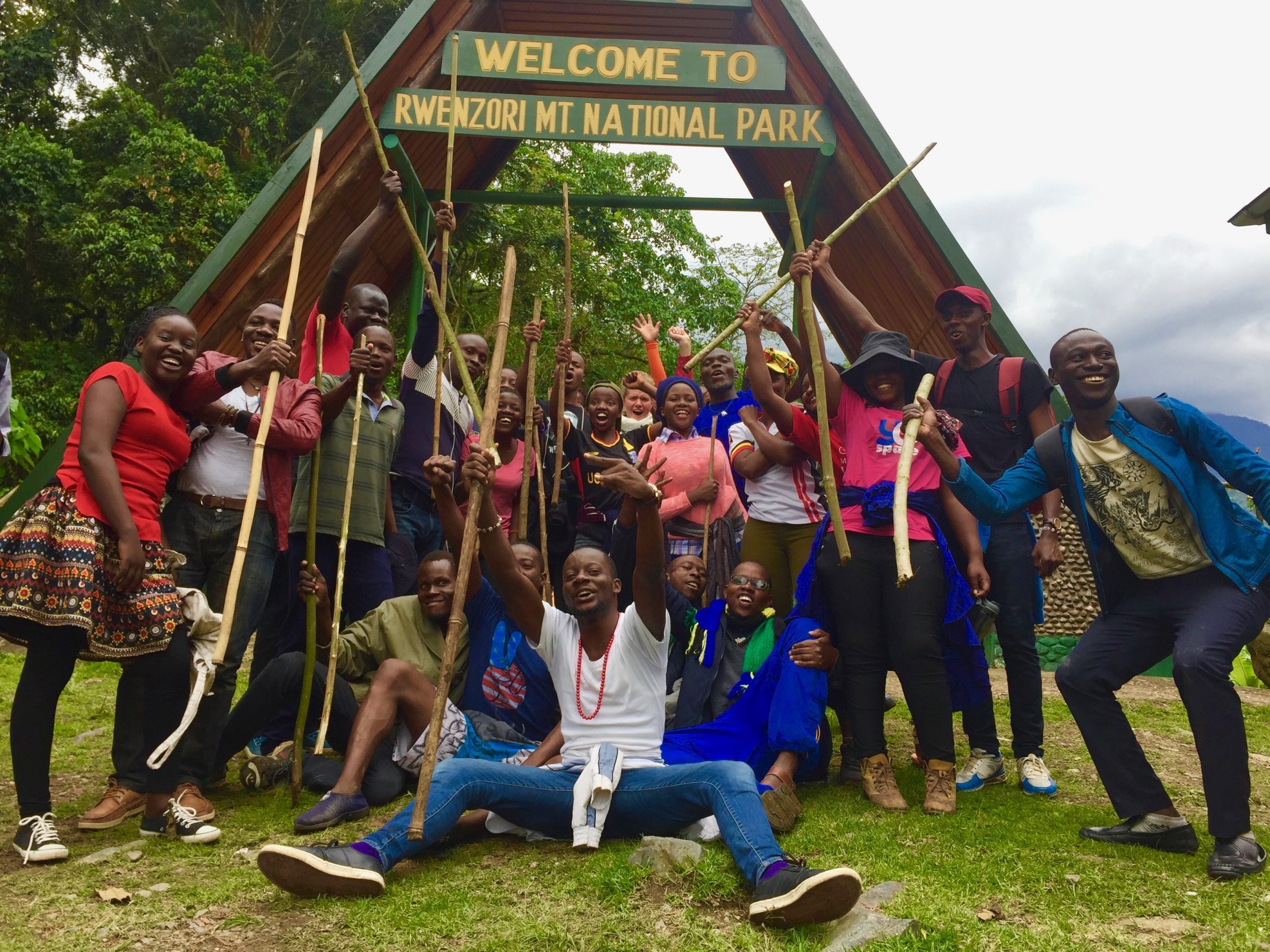The Faraja -World Heritage Volunteers Youth Camp (2019)
This year, Faraja Africa Foundation in partnership with the Uganda National Commission for UNESCO and Action Aid Uganda is organising the WHV Youth Camp from July 27th- August 5th, 2019. The Project aims to initiate community actions that preserve natural heritage with a focus on animal protection and afforestation as well as to raise awareness of the indigenous Batwa community in Buhoma, Kisoro district, and create synergies between Batwa’s culture and other communities in Uganda.
The World Heritage Volunteers Initiative and more particularly, the World Heritage Volunteers 2019 campaign – Empowering Commitment to the World Heritage, in the framework of the UNESCO World Heritage Education (WHE) Programme. This programme aims to increase awareness and reinforce youth’s involvement at a local and global level in the implementation of the 1972 Convention Concerning the Protection of the World Cultural and Natural Heritage. As you know, Article 27 of the Convention requests States Parties to endeavour, in particular by means of educational programmes, to strengthen appreciation and respect of cultural and natural heritage. The WHE Programme is also consistent with UNESCO’s Medium-Term Strategy for 2014–2021 which foresees specific targeted action to be implemented in favour of youth.
The World Heritage Volunteers Initiative aims to:
Raise awareness among young people, volunteers, local communities and concerned authorities of the need to protect and promote World Heritage;
Involve young people in World Heritage preservation through concrete projects at sites;
Empower young people allowing them to learn skills in basic preservation and conservation techniques, and raise their capacity as future decision-makers and global active citizens;
Strengthen sustainable cooperation between non-profit organizations, site management, communities and authorities;
Identify best practices and develop non-formal educational tools to facilitate stakeholders’ participation in World Heritage education;
Mainstream gender equality in all stages of the projects and geographical diversity among the World Heritage properties where the action camps take place.
As a volunteer, you will learn more about the site and its development through guided tours and interaction with local communities who will share insight and social entrepreneurship experiences. They will also participate in a training that focuses on various themes, such as social entrepreneurship and communication skills with a special look at social media. Volunteers will be involved in other hands-on activities on the site’s conservation, including tree planting, rehabilitating injured animals, cleaning up and reconstruction, video documentation of gorillas, etc.
NOTE: OUR TERMS & CONDITIONS
Follow us on Twitter & Instagram @farajaafricafdn. There is no fee for selected Ugandans. As for International Volunteers, you will be required to pay a participation fee of $150. You will be required to communicate your arrival and departure dates (flight booking) to help us arrange for you free local transport from the airport to the venue. Please note, while in Kampala before and after the camp accommodation, arrangements will be your own responsibility, as the organisers we can only help you in the booking process. You will also be required to arrange your own international travel alongside other documentation that follow such as VISAs, etc. A total of 20 International Volunteers will be accepted alongside 30 National Volunteers (whose support fund will be covered under our Youth Programmes if confirmed). Local transport will only be arranged from Kampala, any volunteer not at the setoff point on the agreed time will cover his/her costs.
No financial remuneration of any kind will be offered to any participants such as VISA fees, transport refund and any other. Tents will be provided however you are advised to come along with sleeping bags and heavy/cold weather gear.
BRIEF ABOUT BWINDI IMPENETRABLE NATIONAL PARK
Bwindi Impenetrable National Park is a World Heritage Site and a biodiverse, mountainous area in southwest Uganda. It’s home to many of the world’s remaining mountain gorillas, who feed on roots, leaves and fruits from the park’s many tree and fern species. Restricted numbers of viewing permits help to protect the endangered gorilla families. In the park, rough paths weave amid dense forests which are home to many butterflies and birds.
For more Information Please Contact us.









